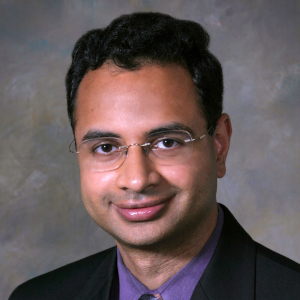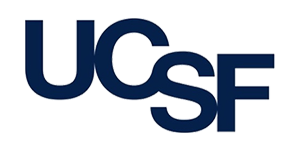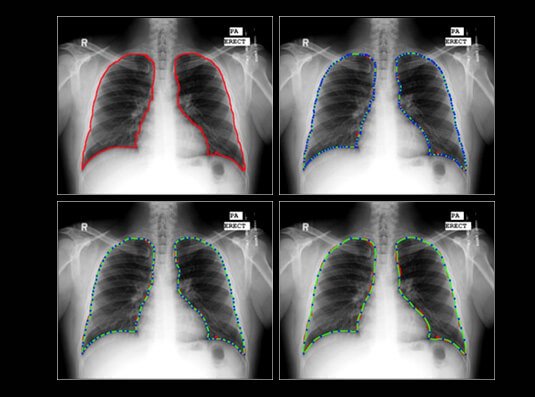Biography
Dr. Mukherjee is a clinical neuroradiologist whose research involves technical development and basic and clinical neuroscience applications of methods for mapping tissue microstructure, connectivity and function in the human brain. Recent work includes diffusion MRI, resting state fMRI and magnetoencephalography (MEG) to study cerebral connectivity, including the whole-brain macroscale network known as the “connectome”, in human brain development, neurodevelopmental disorders and traumatic brain injury (TBI). He has special experience in standardizing structural MRI, diffusion MRI, and fMRI for large-scale multi-site projects and managing the resulting Big Data using cutting-edge informatics platforms and machine learning analytics, which is essential for the clinical translation of new imaging technology. He is a PI and Imaging Core leader of the Transforming Research and Clinical Knowledge in TBI (TRACK-TBI) US nationwide study and also a PI and Clinical Team Leader of two NIH Brain Research through Advancing Innovative Neuro-technologies (BRAIN) grants to produce transformational advances in ultra-high field brain MR imaging technology.
Talk
Artificial Neural Networks for Understanding Human Brains
Artificial neural networks (ANNs), including deep learning, were originally inspired by biological neural networks. In turn, ANNs are now being used to study the human brain. We show that deep learning of fMRI can map the brain’s hierarchical functional organization by detecting “meta-networks” that represent interactions of low-order intrinsic connectivity networks.
Session Abstract – PMWC 2022 Silicon Valley
Track Chairs:
Sharmila Majumdar, UCSF
The use of Artificial Intelligence (AI) in diagnostic medical imaging is undergoing extensive evaluation. AI has shown impressive accuracy and sensitivity in the identification of imaging abnormalities and promises to enhance tissue-based detection and characterization. This track will explore technical advancements in clinical machine learning and use cases in radiology.
Sessions:
- AI Roadmap: Opportunities and Challenges (PANEL)
Session Chair: Sean Khozin, CancerLinQ
- Matthew Lungren, AWS
- Patrick Loerch, Gilead
- Greg Yap, Menlo Ventures
- Lydia The, McKinsey & Company
- Chris Gibson, Recursion
- Andrea Mazzocchi, Known Medicine - Actionable AI: Empowering the Stewards of Precision Medicine
- Martin Stumpe, Tempus - Technical Advancements in Clinical Machine Learning - What's New in 2022 (PANEL)
Session Chair: Sharmila Majumdar, UCSF
- Matthew Lungren, AWS - Jayashree Kalpathy-Cramer, Harvard
- John Mongan, UCSF - Image Applications for Clinical Diagnosis
Session Chair: Esther L. Yuh, UCSF
- Thorsten Fleiter, U. of Maryland
- Imon Banerjee, Mayo Clinic
- Pratik Mukherjee, UCSF
- Lawrence Schwartz, Columbia University Medical Center
- Rakesh Shiradkar, Case Western Reserve University - The Impact of AI and High-Resolution Digital Slide Imaging
Session Chair: Ryan Davis, Epredia
- Andy Moye, Paige
- Thomas Westerling-Bui, Aiforia
Session Chair: Fatemeh Zabihollahy, UCLA
- Mirabela Rusu, Stanford
- Mona Flores, NVIDIA
- Kilian Koepsell, Caption Health
- Eric Horler, AIQ Solutions









